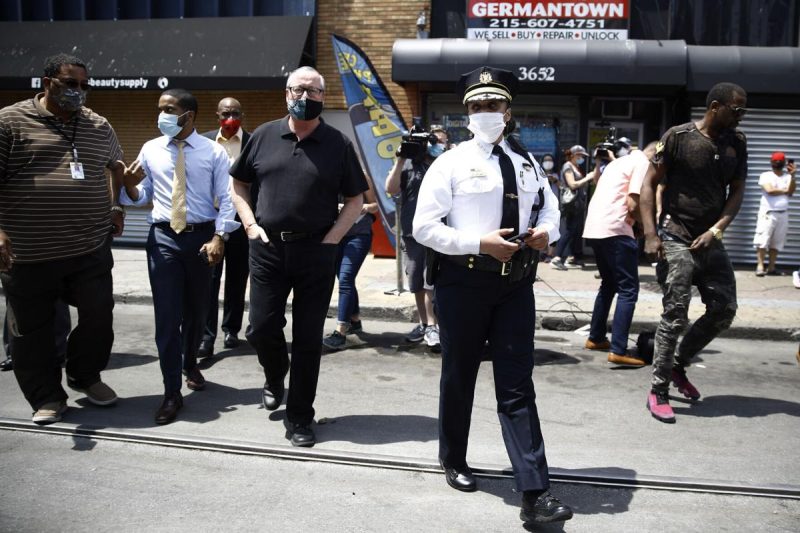By Anthony Hennen | The Center Square
(The Center Square) – As murders have risen in Philadelphia and Pittsburgh and public safety has garnered more political attention, Pennsylvania Democrats and Republicans have suggested different solutions, some big and some small.
On public safety funding, however, both parties are aligned, at least for some level of increase. The most contentious areas have been gun control and related restrictions.
While action on the local and state levels has attracted Republicans and Democrats to fund police departments, grow anti-violence community efforts, and provide health care-related aid to those struggling with addiction, guns remain a contentious policy area.
Philadelphia’s new budget, for example, includes $184 million for violence prevention measures and an extra $30 million for police above last year’s budget. The General Assembly may also increase spending for policing, given the public safety hearings held by the Senate Majority Policy Committee in the spring. Those hearings focused on staffing problems for police and drug-related crime, as The Center Square previously reported.
Republicans have not shied away from an emphasis on funding police departments, but they have also proposed changes that are concerned with the well-being of prisoners.
In addition to funding increases, Republican efforts have taken the opioid crisis more seriously. Republican gubernatorial nominee Doug Mastriano has proposed legislation to increase the penalty on drug dealers for overdose deaths and improve Pennsylvania’s reporting requirements for where overdoses happen. He has also proposed more funding for faith-based recovery programs.
Other Republican proposals would increase penalties for evading arrest on foot and eliminate medical co-pays for prisoners.
Democrats’ efforts have focused more on guns, though police funding has either held steady or increased on the local level. Pittsburgh’s police budget, while not increasing as much as in Philadelphia, is seeing a slight increase over 2021.
Democratic legislation has prosed a reporting requirement for lost or stolen guns, regulation of 3D-printed firearms, and waiting periods on firearm transfers. Democrats have also proposed a “red flag” law that would temporarily suspend an individual’s access to firearms and allow municipalities to regulate guns, something state Republicans have opposed.
Pittsburgh Mayor Ed Gainey has urged the General Assembly to take more action on gun control and released a “Plan for Peace” to create emergency services hubs, an overdose response unit, and expand violence intervention programs. In Philadelphia, Sen. Art Haywood, D-Montgomery/Philadelphia, has called upon Mayor Jim Kenney to provide more funding for community groups to reduce gun violence.
The bipartisan efforts to provide health services to those struggling with addiction and mental health services, while less contentious than gun regulation or police funding, may come from a growing recognition of reality. As The Center Square previously reported, the Department of Corrections is “the largest provider of services in terms of institutional care in the commonwealth,” Secretary of Corrections George Little told the Senate Appropriations Committee in February.
Providing more services before Pennsylvanians enter the criminal justice system at all may be politically wise and financially frugal. That can shape what local and state politicians prioritize in budgets.
